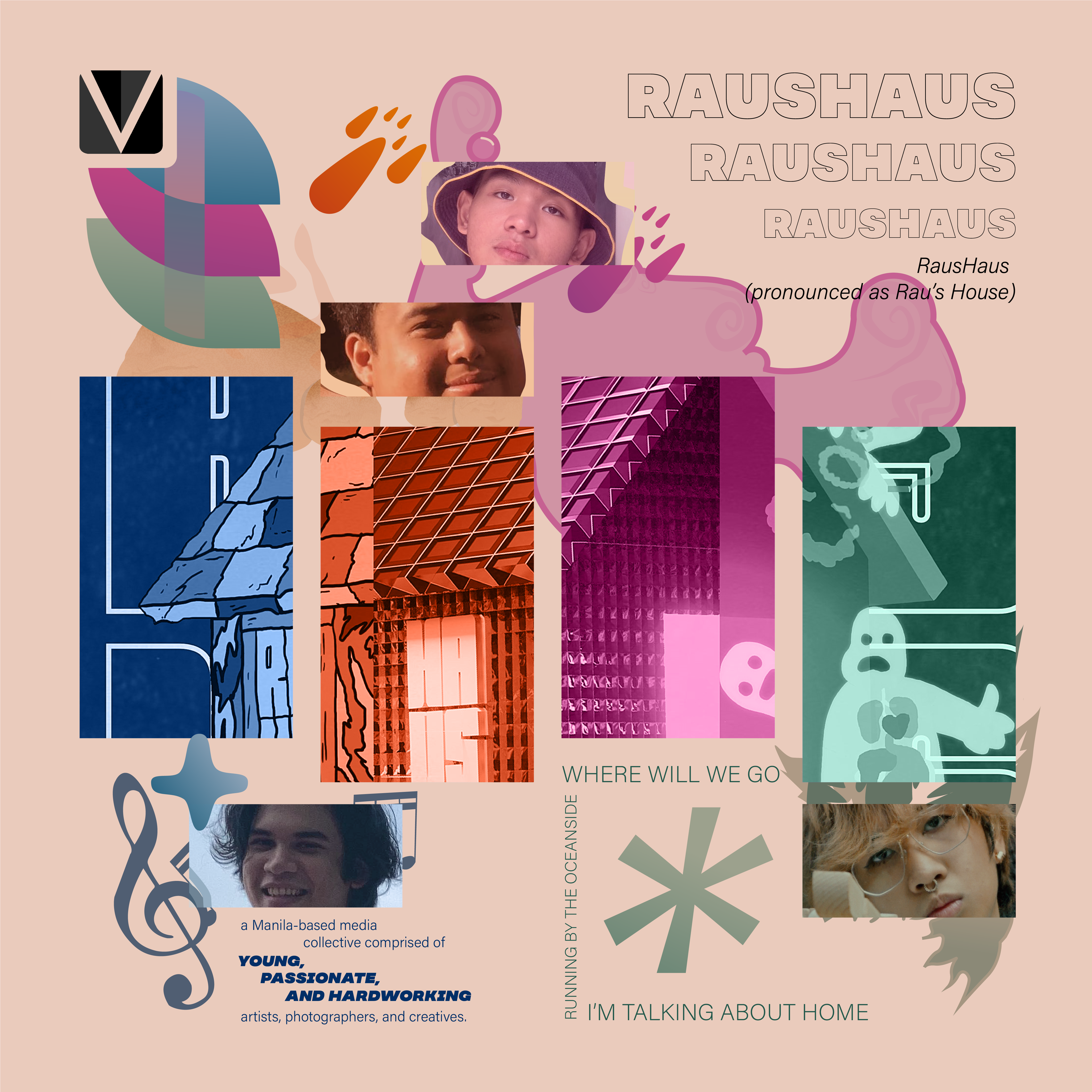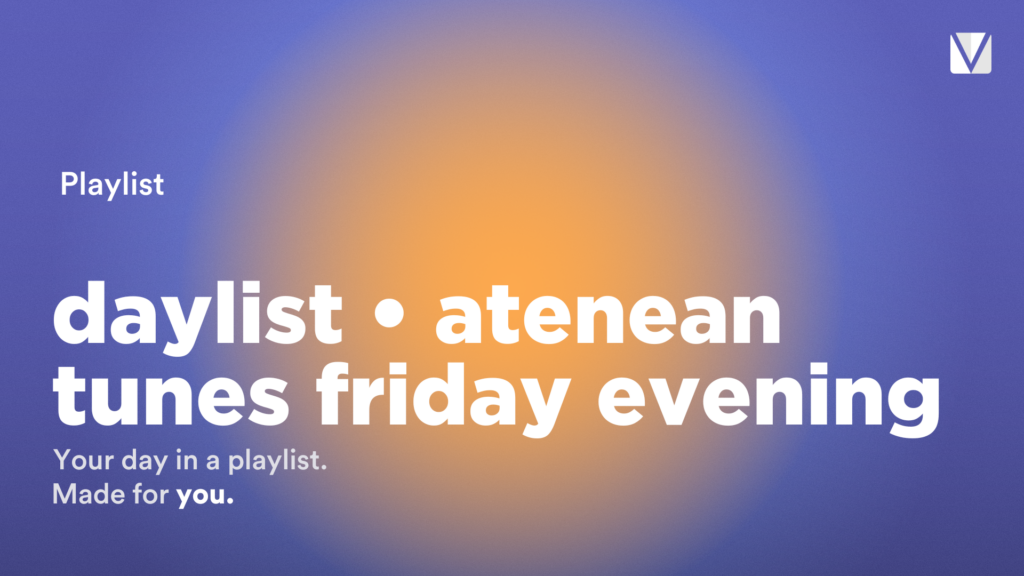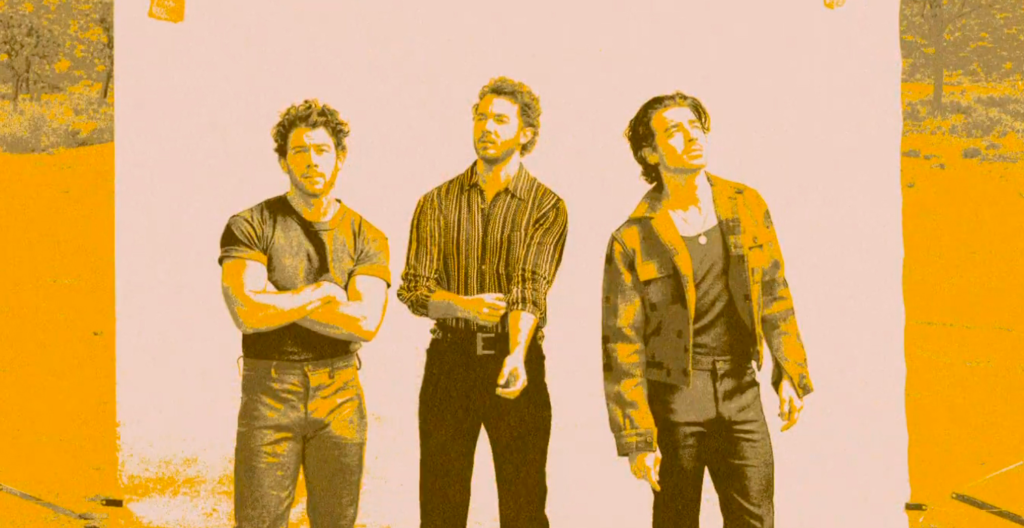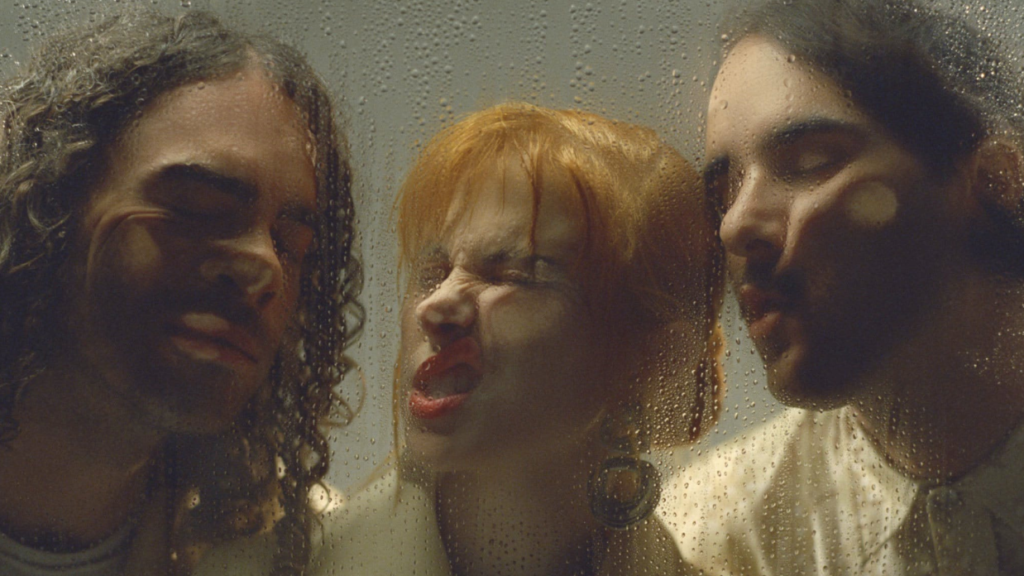MUSIC HAS always had the power to build families out of strangers—transcending any differences they may have. RausHaus, a young Ateneo-based music collective, shines as an exemplar of this notion as they provide a home not just for musicians but all kinds of creatives as well; they value their sense of family as much as their music.
Born from a humble group of Ateneo High School (AHS) students who all shared the same love for music, RausHaus has evolved over the past few years into a promising young collective that hopes to make memorable music without the help of a major label. In a short span of time, they’ve mapped out the blueprint and set up the groundwork for their future expansions—all the while sticking to their original vision of fostering community.
Turning a Haus into a home
RausHaus was founded in 2020 by a small group of friends who were all part of Ateneo Senior High School’s Music Industry Organization (MIO). As these friends formed their own bands, they started collaborating with each other often, and Rau Layug’s (2 BSCS-MSCS) house quickly became their tambay spot of choice. Eventually, Migo Lumawig (2 BS ME) suggested officially releasing music together, which solidified the idea of unifying their acts—namely, Lucy Dee, Kennedy, and Lagooon—under one collective.
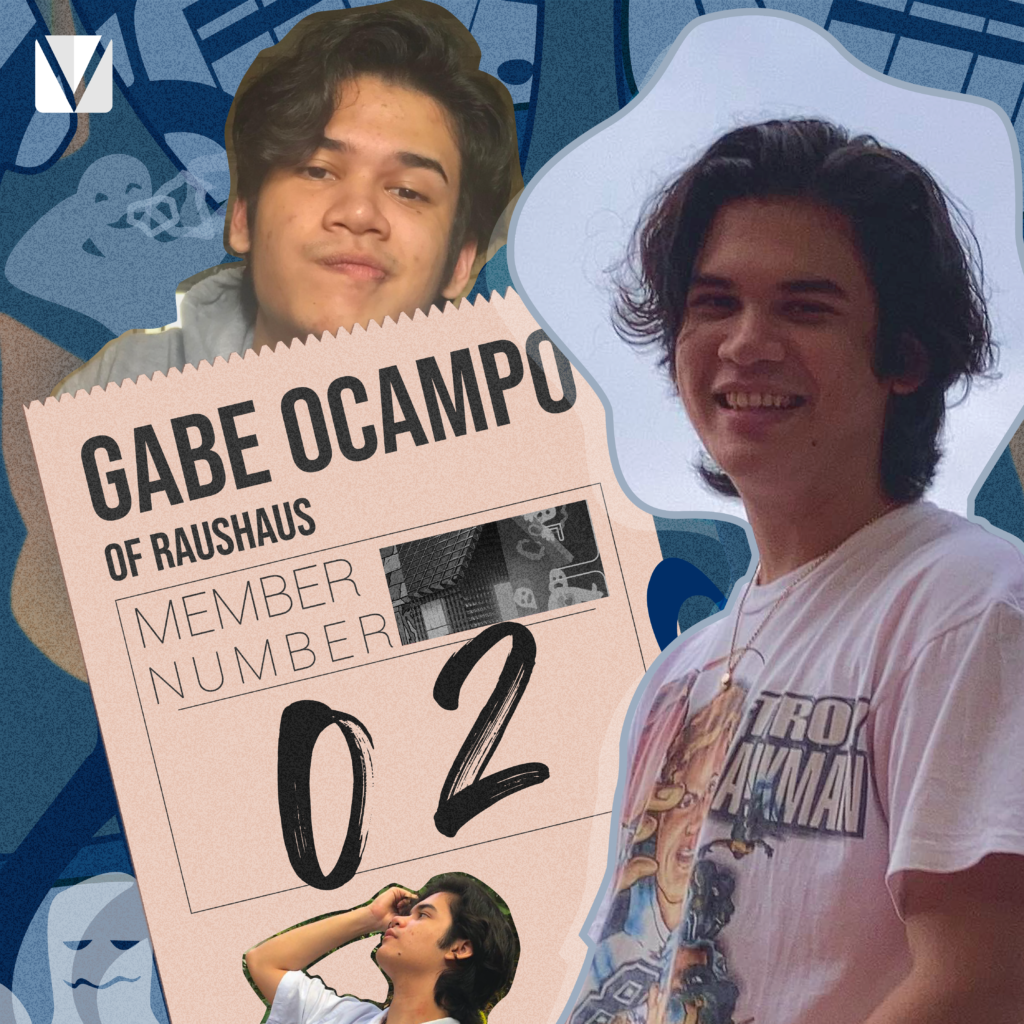
What keeps RausHaus together after two years is their shared passion for music and “do-it-yourself” attitude. As independent artists, they’re aware that they aren’t blessed with the same resources as those signed to record labels, thus making it difficult to “pop off” or gain momentum.
Since the members are keenly aware of these difficulties, RausHaus almost comes across as a support group. The collective’s artists all promote each other’s releases and assist one another with various media productions such as photo and video shoots. Their family orientedness and sense of community fuels their ambition as they work towards their vision—a floor plan, Gabe Ocampo (2 BS MGT) jokes—for RausHaus.
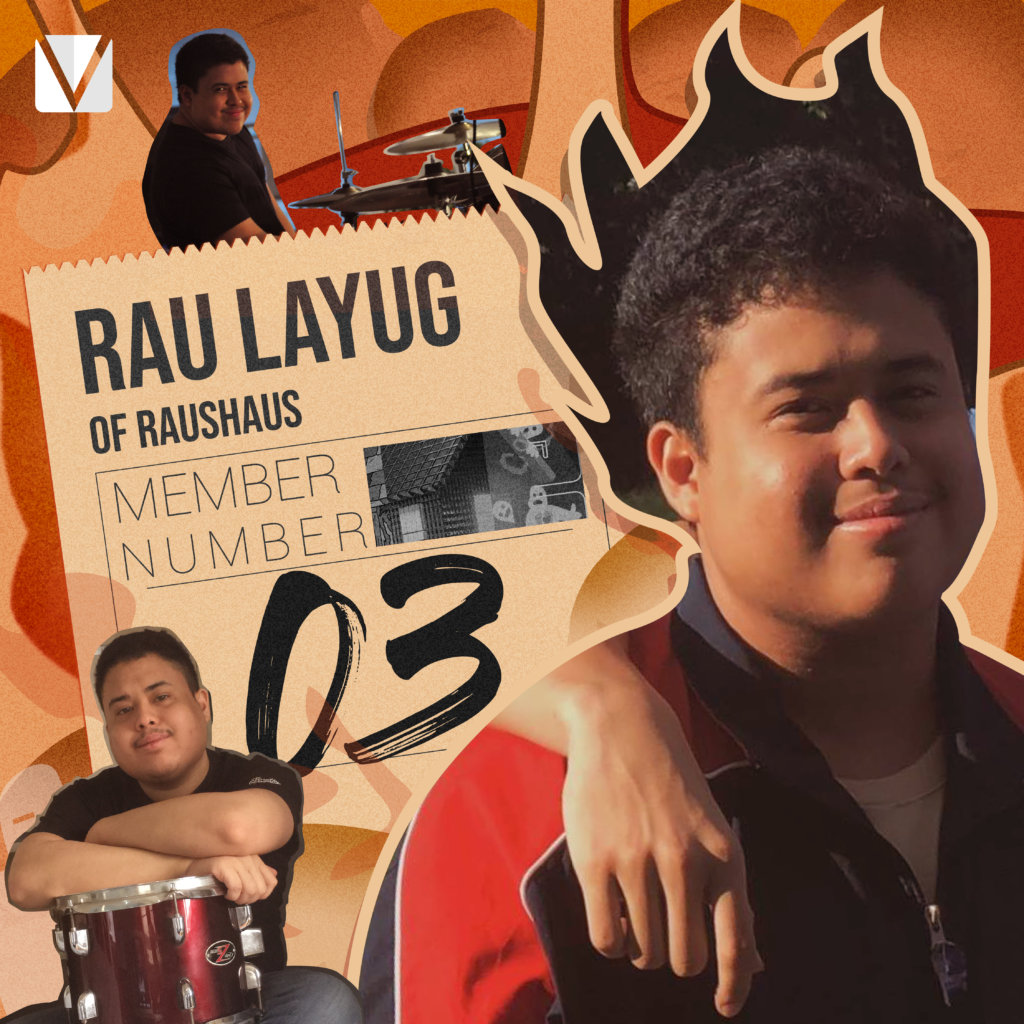
Although they’ve yet to bring the studio’s floor plan to life, they’ve considered the collective’s future extensively, looking towards other labels such as 88rising and local collective Logiclub among others for inspiration. While they aim to replicate these groups’ successes, they’re still figuring out how to do so while adding their own RausHaus spin to it—an identity they’ve been trying to develop as they continue to create throughout the pandemic.
Raising a family
Besides these artistic concerns, there are also practical considerations to overcome in order to develop as a collective. Kiel Llaga (2 BS MGT), a member and producer of RausHaus’ resident hip-hop boyband Kennedy, says that the collective’s biggest struggle has been working around COVID-19 restrictions. The roadblocks and challenges that came with the pandemic hampered the efforts of musicians in Manila, especially people like the RausHaus boys who were not very experienced with home recording.
“Imagine a golf player, right? Right handed. Imagine telling him, ‘For your next tournament, you have to play left handed.’ That’s exactly what it felt like,” says Gabe, describing their collective frustration with the new processes they had to get accustomed to.
Among the in-house acts, indie rock band Lucy Dee is especially struggling with the transition as they are still yet to have all the recording equipment they need. Lead singer Gabe mentions that, before his new gear arrived, he had been using earphone microphones for his vocals. The band has been doing their best to salvage their mixes with the lower quality recording equipment they had.
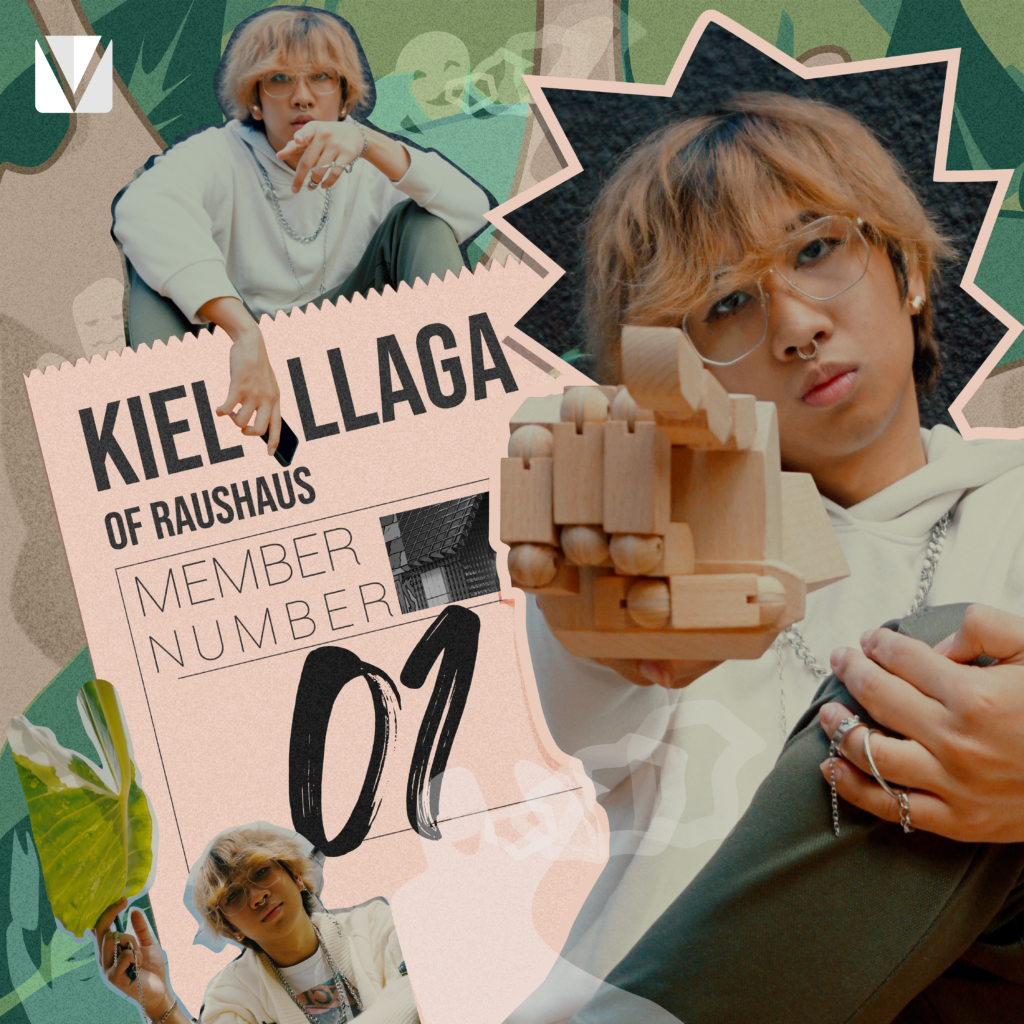
At its core, RausHaus is still manned by mutual friends, growing the family through word of mouth. “It’s basically puro favors lang (all just favors), I guess,” jokes Migo. “It was more like, ‘Hey, we’re a group of friends. We’re trying to make the best music we can.’ So how can we achieve that goal?”
Kiel also adds that they’re still looking to hire a bigger team of graphic designers and digital artists. “Right now we’re looking at CGI and 3D modeling,” they explain. “For the past couple of months, we’ve built a team around old high school friends, so now we have a decent amount of variety in terms of what we can pull off.”
From production to promotion, the collective mostly operates on an ad hoc basis; whenever they need something done, it’s just a matter of phoning a friend. This sense of community and mutual support among musicians and non-musician creatives alike is integral to the ethos of RausHaus.
Expanding the family tree
Moving forward, RausHaus’ focus is on expanding their property and accommodating more guests into their imaginary loft. Since they are mostly friends from the same school, the house they’ve built may have felt like a box that trapped them, limiting their reach to the same numbers and the same people. While they solidify their foundation, they’re also opening up more doors to let more people in.
Their development as a collective isn’t limited to how they plan to add members but also in how individual bands improve as artists and fine-tune their music. Kennedy plans to experiment with more electronic sounds such as house music. Lucy Dee, primarily an indie rock band, looks more into 2000’s chill alternative bands like New Radicals and Smashing Pumpkins. Lagooon isn’t making too many big changes in their music (only a “mutation” as Rau described), but—as they continue their original indie pop direction—they are picking up elements of rock and funk along the way. These individual bands may have different ideas of where they want to go; nevertheless, we can expect to hear unique sounds that root from the heart of RausHaus.
As the collective recruits more digital artists, photographers, and videographers, RausHaus seeks to develop their collective identity and find ways to uphold it throughout their work. Their concern lies not in churning out content but in figuring out what could make it distinctly RausHaus.
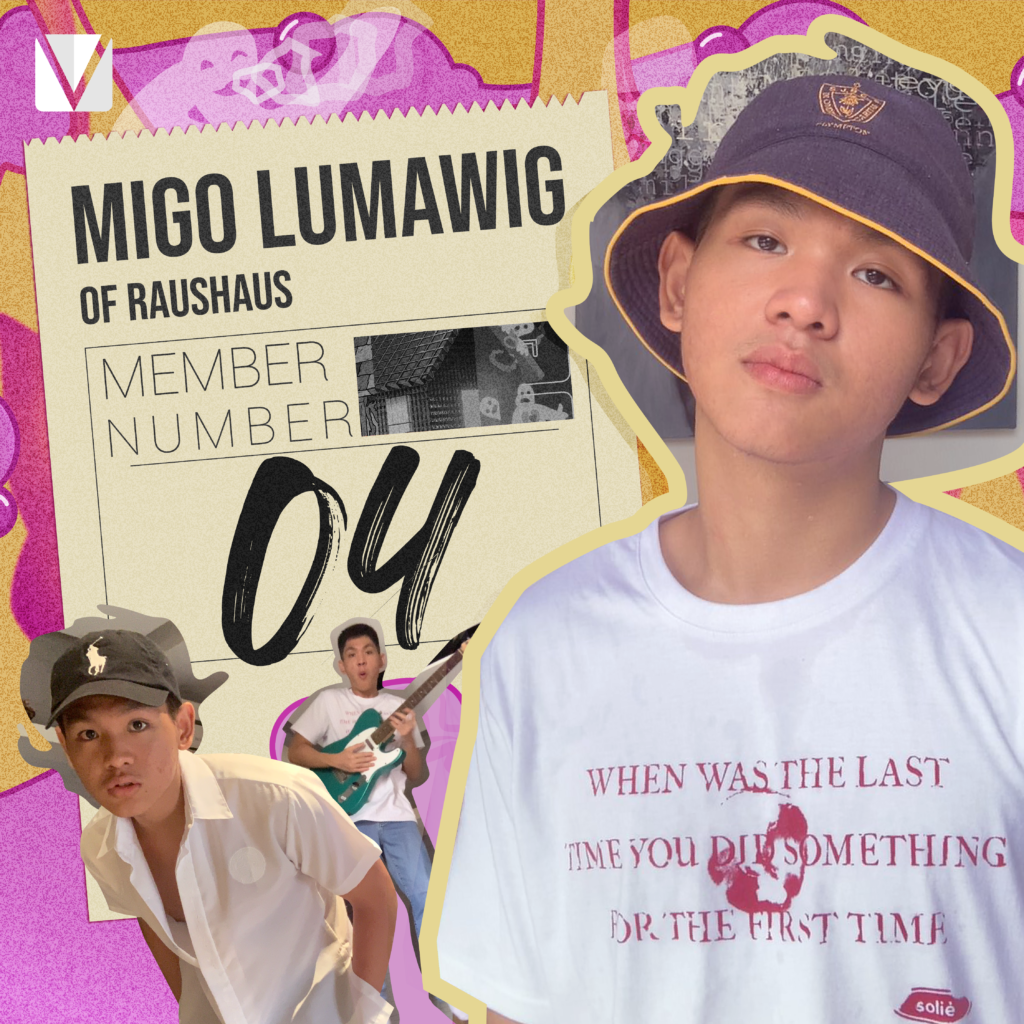
“For [the] longest time, it’s only been me,” Kiel admits about the struggle behind it. “Now, I have to manage this and share this with other people.”
Over the years, the collective also learned how to stand as their own managers. Rau mentions that, a few months ago, they would consider themselves solely as artists. However, with added roles of organizing promotions and emails, they’ve evolved into artists who are also equipped with the managerial skills necessary to run their collective.
Alongside this genuine desire for a good time is the tangible goal of reaching a bigger audience. To achieve this, the team is even more focused on finding the middle ground that fosters music, media arts and management. What looked like a dream is less out-of-reach than RausHaus initially thought.
While their previous meetings were so chaotic that the members themselves doubt their success, a recent collective-wide assembly made them think otherwise. Everyone was cooperative—providing input and staying silent when needed. To put this small win simply, Kiel proudly announces: “That was the first time we ever took minutes.”
As the members grow from being a bunch of kids fooling around to mature adults accomplishing chores, RausHaus is starting to look more like a well-furnished condo than the 16-year-old’s room they had started in. Nonetheless, having fun will never be out of the question. It was how they started, after all.
“We aren’t here just to create music, but we’re also sharing the friendship we have,” Migo says. RausHaus is home to a family of music enthusiasts—and they’ll be more than happy to invite you in.


